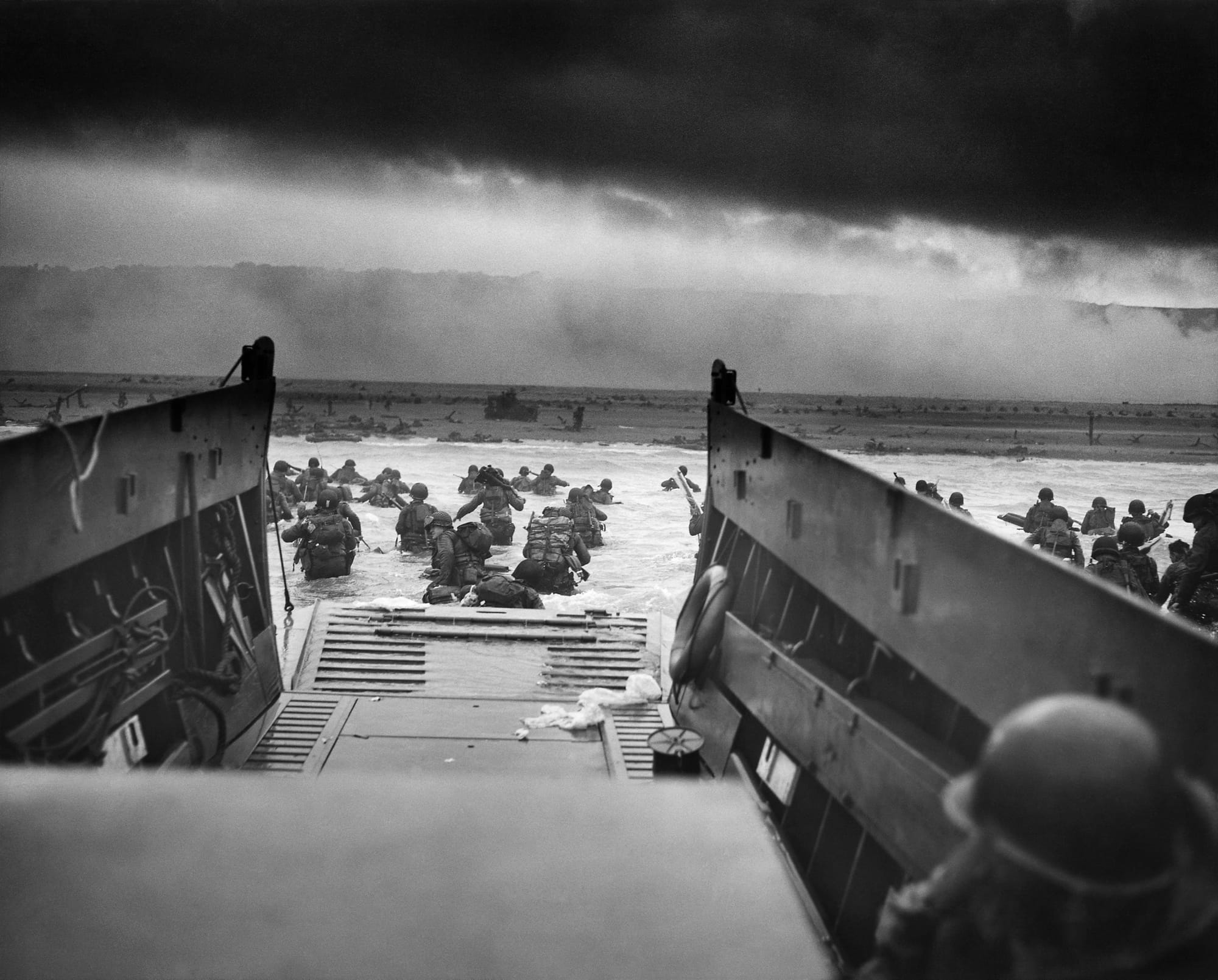Why Hitler Slept Through D-Day

On the morning of June 6th, 1944, Hitler was sound asleep.
The Allies were landing. Tens of thousands of soldiers were pouring onto the beaches. The tide was turning, the war accelerating toward its violent, inevitable end. And the man leading the Reich was in bed, untouched.
His generals knew the crisis was unfolding. His inner circle knew. Everyone knew. But no one would wake him.
Because by that point, Hitler wasn’t running a government. He was running a cult of sycophants and suck ups, hanging on his every whim and tantrum, too scared to face the man and too weak to stand up to him.
His staff were no longer commanders. They were cowards who had learned that the most dangerous thing you could do in the Third Reich was tell the truth. So they waited. They stalled. They hoped someone else would say something first. They pretended history might hold off for a few more hours, just long enough for them to avoid being screamed at.
It wasn’t the first time. Two years earlier, in the frozen ruin of Stalingrad, the same sickness played out. The Sixth Army was surrounded—encircled in a Kessel, a cauldron of fire and steel—and Hitler refused to believe it. His commanders begged for a breakout. His officers pleaded for tactical retreat. But reality was unwelcome in the Führer’s war room. So instead of adjusting the plan, he ordered them to hold. Hold and die. Surrounded by liars and loyalists, Hitler didn’t need to be right—he needed to be obeyed. And because no one would challenge the delusion, 300,000 soldiers were fed to it. Another silence. Another room full of nodding heads. Another disaster that could have been avoided if even one person had the courage to speak.
This is the reality of strongman politics. There is no actual strength, no insight, no courage, no clarity—just power defended by people who’ve convinced themselves that being loyal means staying mute.
It always looks ridiculous in hindsight. Of course someone should’ve woken him. Of course his subordinates should have found their guts. Of course the delay cost lives. Of course history wasn’t going to wait. But in the moment, it didn’t feel like disaster. It felt like routine. Like any other day spent waiting for permission to preen.
Authoritarianism tends to announce itself—loudly, constantly, with flags and slogans and fury. But what makes it work isn’t the spectacle. It’s the silence that follows. The quiet in the room. The heads that nod. The truth that gets swallowed one meeting at a time.
We've seen it before, and we'll see it again.
A paranoid leader surrounded by flatterers. A bunker mentality replacing national strategy. Cabinet members and media lackeys tiptoeing around a narcissist’s mood swings, pretending to govern while the country burns.
Decisions made by gut. Rage mistaken for resolve. Cowardice mistaken for loyalty. Reality denied.
Every time it happens, the people in the room think they’re surviving. What they’re really doing is helping the rot spread.
This isn’t a history lesson. It’s a warning. When people stop telling the truth because it might upset the boss, the collapse has already started.
Through cowardice. Through a lie of omission. Through the decision to wait a few more hours before doing what should’ve been done the minute the sirens started.
If that sounds familiar, it should.
I don’t need to name the man.
You already know who he is.
Westenberg explores the intersection of technology, systems thinking, and philosophy that shapes our future—without the fluff.
Free readers get powerful ideas. Paid subscribers get more:
- Exclusive in-depth essays
- Early access to new work
- Private discussions and Q&As
- Future digital products and resources
- The satisfaction of supporting independent thinking
$5/month or $50/year. No sponsors. No bullshit. Just valuable insight delivered directly.
If it makes you think—we're aligned.
Discussion